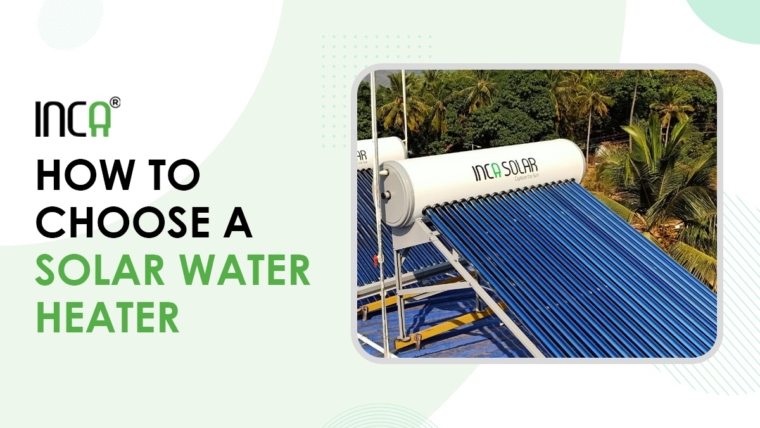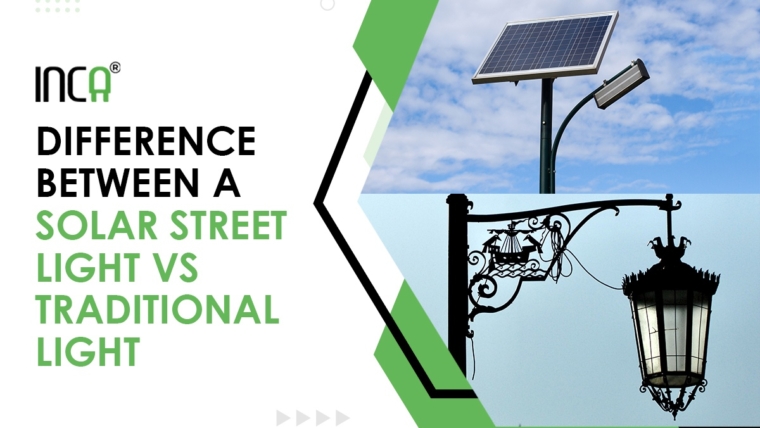Solar energy is an efficient form of renewable energy that can reduce the dependence on conventional forms of energy like coal and petroleum. It has the potential to solve the needs of society without creating much pollution or exploiting precious exhaustible resources.
However, there is a lot of misinformation surrounding the use of solar energy. It can prevent us from taking full advantage of this precious resource. So, find the truth behind the common myths about solar energy in this article!
Common Myths about Solar Energy
To minimize the consequences of global warming on the environment due to rising pollution, there is a growing demand for renewable energy sources like solar energy. However, some people are still dubious about the advantages of solar energy. Let’s bust these myths surrounding solar energy and use it to our advantage without fear.
Myth 1: Solar panels cease to function when the weather is cloudy, rainy, or cold
Solar panels are built to perform well in almost any weather, including days with clouds, rain, or snow. Modern solar panel technology enables them to function well and even more efficiently in cooler and cloudier conditions. Additionally, battery storage may be linked to your solar panels so that you can generate electricity at night. In contrast to traditional backup generators, this clean-energy backup will keep your electricity on even if the rest of your neighbourhood’s power is off.
Myth 2: Solar is not an affordable option and is not cost-effective
Most people believe switching to solar power is an extravagance available exclusively to the rich. However, this is the opposite, as solar energy is one of the most economical methods to provide your home with energy. Due to the increased demand for renewable energy, solar energy is now an affordable alternative for all property owners. Recent statistics show that investments in them have significantly grown, which has led to their falling cost. Solar systems are becoming more widely available and growing cost-effective.
Myth 3: Solar panel installation is not easy and requires extensive maintenance
Working with a reliable manufacturer makes installing solar panels quite simple. Additionally, keeping up with solar panel maintenance becomes more convenient if your solar system is connected to the appropriate utility grid. All that would be required to clear the solar panels of any collected dust, dirt, or snow would be a simple water cleaning. Moreover, solar panels are made to survive severe weather, such as hail, sleet, and other elements. So, you won’t need expensive and extensive upkeep for the panels.
Myth 4: The efficiency of solar panels is not quite good
The sun is a huge source that generates a tremendous quantity of energy. In only one and a half hours, the sunlight that shines on our planet has more energy than the entire globe uses in a year. Commercially accessible solar panels can fulfil your home’s energy demands with this abundant energy supply. You can have this amount of energy at a cost comparable to or less than the electricity provided by the grid in most regions.
Myth 5: If you don’t own a house, you can’t install solar panels
Community solar programs let you benefit from solar energy even if you rent your home or live in an apartment complex. Several people can profit from a single, shared solar array in community solar programs. It is possible to deploy these arrays off-site or on your building. It will make everyone involved share the cost of purchasing and installing the solar energy system. The shared system can then be adopted by everyone at a price that best suits their means.
Myth 6: Solar panels are not suitable for the roof
Solar panels are designed to shield the portion of the roof they cover from outside elements like rain and birds. The panels cannot harm your house’s roof since they are neither huge nor heavy enough. The panels are anchored to the ground and can be readily removed, so you won’t have to worry about any damage they may cause to the roof. Additionally, solar installers are skilled and analyze the roof’s condition to create the optimum match in terms of practicality and looks.
Conclusion
Each homeowner’s specific needs, including space and budget, are considered in the design of solar panels. However, widespread misinformation about solar energy can keep us from using this valuable resource if we don’t rigorously vet the sources.

